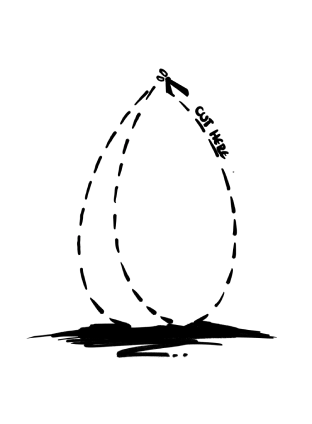Public opinion, prohibitionists and some elected officials are still holding fast to the view that frequent cannabis use causes amotivation, or lack of drive, energy and desire to engage in any activity. We’ve all heard the outdated “lazy stoner” theory.
Gary Wenk Ph.D., professor of psychology, neuroscience and medical genetics at Ohio State University, weighed in on the topic recently in Psychology Today.
“However, whether the amotivational syndrome exists or not is still controversial; there are still too few studies on the topic, and those that exist are often poorly controlled and small. They do not allow a definitive answer.”
Wenk says that studies often overlook factors like preexisting depression, personality disorder and consumption of other substances such as nicotine, which can confound the results, leading him to conclude that “most people who use marijuana do not show typical symptoms, such as apathy, dullness, lethargy, and impairment of judgment.”
In Fact, Quite The Opposite Is True, Conclude Recent Studies
Wenk cites one study that explored the relationship between cannabis use and effort-based decision-making among college students. It concluded that most participants had cannabis use disorder, though after controlling for ADHD symptoms, distress tolerance and income…”findings revealed that cannabis users were more willing to exert effort for rewards, contradicting the amotivational syndrome theory.”
Another study compared regular cannabis users to controls using the Apathy Evaluation Scale and Effort-Expenditure for Reward Task (EEfRT Task), controlling for factors like alcohol use and depression. Results showed cannabis users chose harder tasks for greater rewards, demonstrating higher motivation than the control group.
A third recent study, which used the same EEfRT Task on a group comprised of regular cannabis consumers and non-consumers, also reported that cannabis users selected hard trials significantly more often than their non-weed-consuming peers.
“Overall, the results of these recent investigations do not support the development of amotivational syndrome in young adults who are frequent cannabis users,” Dr. Wenk concluded. “Cannabis use at a frequency of three to four days per week was not associated with apathy, effort-based decision-making for reward, reward-wanting, or reward-liking in adults or adolescents.”
Source: Maureen Meehan – benzinga.com
Image: unsplash.com

